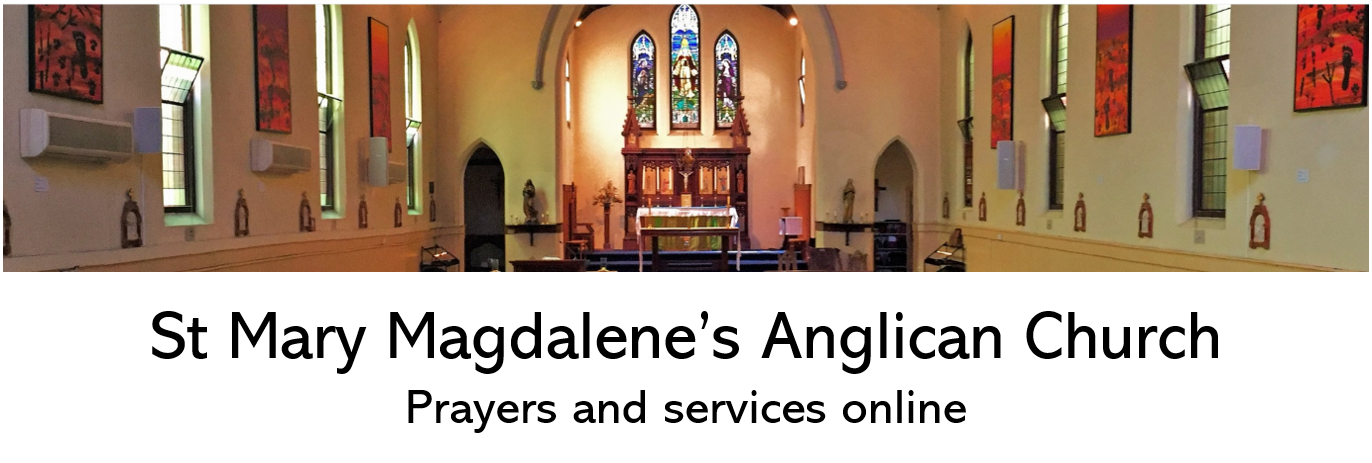This post begins a new series of meditations by Fr Philip Carter, Approaching God. This series will be accompanied by images and music from Hildegard of Bingen, medieval nun and abbess, scientist, musician, artist, mystic and saint.
The notion that what we happen to apprehend directly with our five senses is all the reality there is now seems to me to be almost grotesquely parochial. And this conviction is the bedrock of whatever religious faith I have: there must be more than this.
Philip Toynbee

————————————
I see God in us and with us, if I see God at all, as some shreds and particles and rumours, some knowledge that we have, some feeling why we sing and dance and act, why we paint, why we love, why we make art. All the things that separate us from the purely animal in us are palpably there, and you can theologize about them and you can build great structures of belief about them.
Dennis Potter
______________________________
This is [the human condition]. He is always about to comprehend God, but inasmuch he’s a creature and finite, he will never succeed….But by trying to seek it, by longing for it…he will succeed in maintaining its eternal possibility.
R.S.Thomas

John Taylor says humanity needs ”the recovery of a sense of ‘beyondness’ in the midst of the whole of life to revive the springs of wonder and adoration”.
Recall moments of ‘beyondness’, of wonder,
of time standing still
precious experiences of one-ness with everything that is
intimations of ‘the more’.

Can you appreciate how such moments ‘gift ‘ you?
Think about the ‘promise’ they contain
the longings and desire they arouse in you
how they are “the scent of a flower we have not found
the echo of a tune we have not heard
scenes from a country we have not visited”. (C.S. Lewis)
The Roman Catholic theologian Karl Rahner was once questioned as to why he still believed in God in the face of so many intellectual difficulties concerning faith today. He replied that he didn’t believe in God because he had worked out everything to the satisfaction of his mind: “I continue to believe in God because I pray every day”.

What Rahner means by that is, I suspect, that he opens himself up regularly, in the midst of his everyday experiences of life, good, bad and indifferent, and experiences moments of depth, or wonder such that he can sense the “something more” in life – or in Toynbee’s words: “there must be more than this”. In this way, we can say that God is the most common of human experiences, though we do not always perceive it quite like that. It is, in the words of one theologian, as if we live in “a charged field of love and meaning”, and every so often a “connection” is made, the intensity of which is difficult to ignore. Mostly however this “connection” is hidden, though it is constantly inviting us into more conscious awareness.

The images in this post come from Scivias I.6: Humanity and Life, a medieval ink and gold leaf drawing created by Hildegard of Bingen in 1150.
O Pastor animarum et O prima vox
per quam omnes creati sumus,
nunc tibi, tibi placeat ut digneris nos
liberare de miseriis
et languoribus nostris.
O Shepherd of our souls, O primal voice,
whose call created all of us:
Now hear our plea to thee, to thee, and deign
to free us from our miseries
and feebleness.
For a printable PDF of the text of this meditation please click on the link below.




